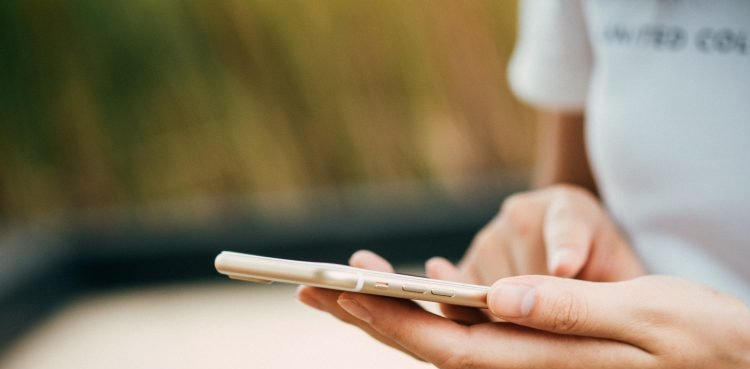Anxiety is rated as an epidemic almost at par with any serious illness. In the current times anxiety is the cause of global concern as the fast living practices have raised the level of worries to new heights.
Anxiety manifests itself both physically and psychologically and its symptoms include rapid heartbeat, shaking, cold sweats, dizziness, suffocation as well as insecurity, obsession, and negative thoughts.
Keeping in view its dangerous nature it is always recommended to take precautions and devise a living pattern that is aimed at avoiding and reducing anxiety.
Reducing caffeine intake is certainly helpful as stimulants like coffee, tea, fizzy drinks, energy drinks and chocolate can increase the sensation of being nervous causing insomnia and both these factors are likely to trigger anxiety.
Drinking water is also helpful as whenever one is dehydrated they get tired more quickly which can negatively impact mood. This is why nutritionists recommend always keeping well hydrated with water, not juice or coffee.

Getting up 15 minutes earlier is good for many anxious people who suffer from morning anxiety they wake up tired, stressed and irritable, with sky-high cortisol levels.
To manage this, as well as going to bed early and avoiding screens before bed, try adding another 15 minutes to morning routine. Use this time to write a list of things that are causing stress, to meditate or breathe, or to do a short yoga sequence, starting the day the right way.

Exercising three times a week means moderate cardiovascular exercise comprising 30 minutes, three times a week and it helps the brain produce more dopamine, serotonin and endorphins promoting a feeling of well-being.
Limiting phone use is what researchers are becoming increasingly interested in the effect that mobile phones and social media have on human brain. Without wanting to demonise social media or smart-phones, many specialists are now recommending that people should limit use of them, particularly those who suffer from anxiety because apps are designed to be addictive.

Trying visualisation implies that by concentrating on a positive mental image of a happy place one can rid one’s mind of negative thoughts when a stressful situation arises. One could also focus on a happy image such as a kitten or a landscape for five minutes to calm down.
Eating a nourishing breakfast is required for remaining in good physical and mental shape that means to avoid skipping meals. Eating a healthy breakfast, full of protein and vitamins, is a good habit to adopt to help manage everyday anxiety.

Making a list of tasks to do as when pressure builds one can de-escalate anxiety-inducing situations by writing down the things one wants to do. This helps keep things in perspective. Furthermore, as anxiety is linked to a need for control, it is also helpful to create lists of tasks for the stressful aspects of lives: breaking down a seemingly insurmountable job into smaller tasks and ticking these off as one goes will help reduce anxiety levels.
Being mindful is when by taking a few minutes each day to meditate mindfully inviting in all feelings and sensations with no judgment one avoids ruminating on negative thoughts and learn how to better manage negative emotions.
This article originally appeared in The Weekender and has been reproduced with permission





























